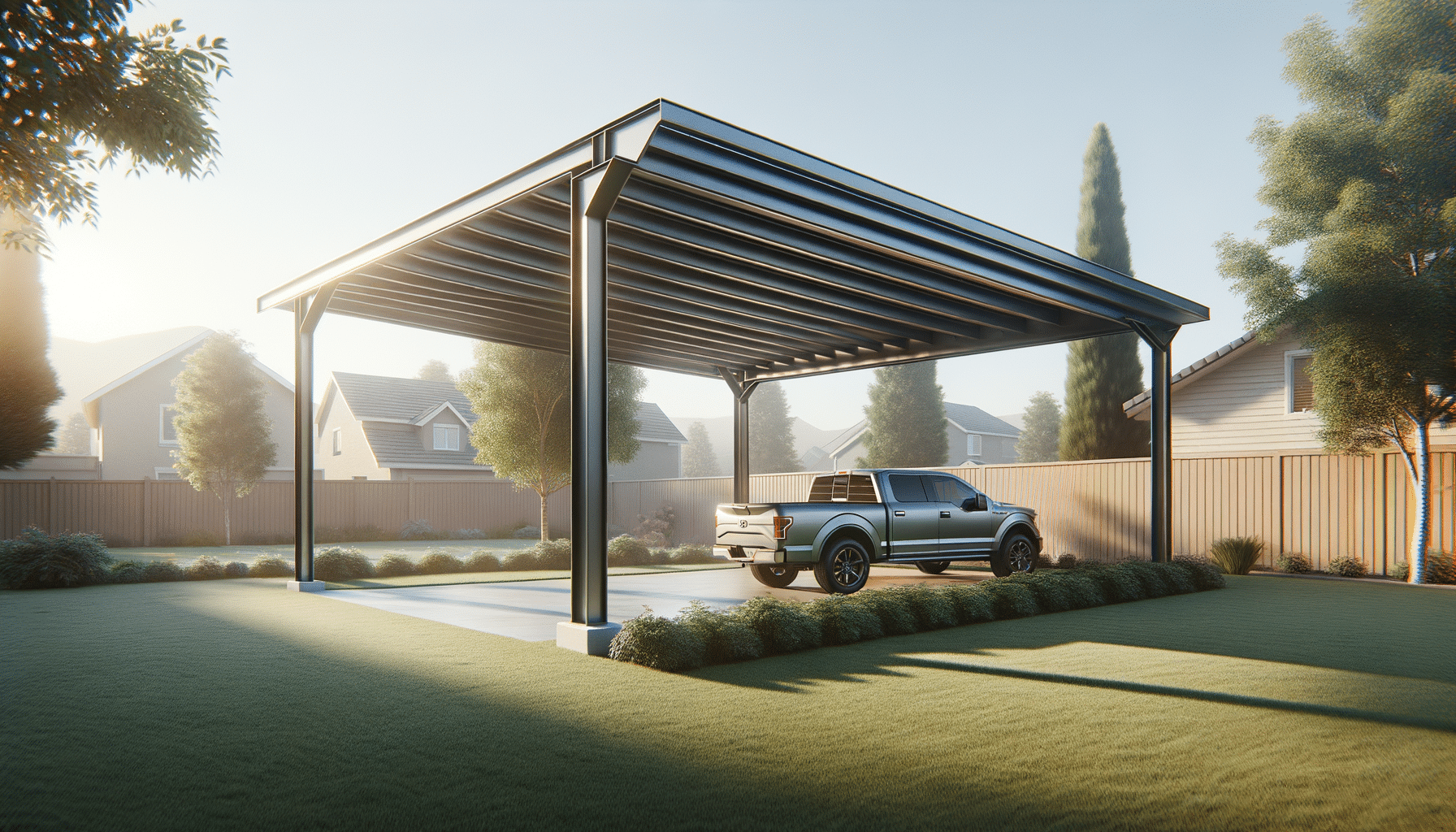
Exploring DIY and Professional Home Security Systems
Introduction to Home Security Systems
As the importance of home security continues to rise, many homeowners are faced with the decision of choosing between DIY home security installation and professional security system setup. Both options offer unique benefits and cater to different needs and preferences. Understanding the differences between these approaches can guide you in making an informed decision that best suits your lifestyle and security needs.
Understanding DIY Home Security Installation
DIY home security systems have gained popularity due to their flexibility and cost-effectiveness. They are designed for individuals who prefer a hands-on approach to setting up their security. These systems often come in easy-to-install kits that include sensors, cameras, and control panels. The main advantage is the ability to customize the setup according to specific preferences and the layout of your home.
A typical DIY system allows you to:
- Choose and install components at your convenience.
- Avoid installation fees, which can be a significant cost-saving.
- Have the flexibility to expand or modify the system as needed.
However, DIY systems may require a certain level of technical know-how. If you are comfortable with technology and enjoy the challenge of setting up your system, this might be an ideal option. On the other hand, those less confident in their technical skills might find the process daunting.
The Advantages of Professional Security System Setup
Professional security system setups offer a more hands-off approach. These systems are installed by trained technicians who ensure that everything is functioning correctly. This option is suitable for those who prefer to leave the technical details to the experts and want the assurance of a system configured by professionals.
Benefits of professional installation include:
- A comprehensive assessment of your home to determine the best security measures.
- Installation of high-quality, often more sophisticated, equipment.
- Ongoing support and maintenance from the security company.
While professional setups may involve higher upfront costs and potentially ongoing service fees, they provide peace of mind knowing that experts are safeguarding your home. This option is particularly beneficial for larger properties or those with specific security needs.
Comparing DIY vs Professional Security Systems
When comparing DIY and professional security systems, it’s essential to weigh factors such as budget, convenience, and desired level of security. DIY systems are generally more budget-friendly and offer the flexibility to adjust as your needs change. In contrast, professional systems provide a more robust security solution with the added benefit of professional oversight.
Consider these points when deciding:
- Budget: DIY systems typically have lower initial costs, while professional systems may require a more significant investment.
- Technical Skills: DIY setups are suitable for those comfortable with technology, whereas professional installations are ideal for those preferring minimal involvement.
- Security Needs: Evaluate the level of security required for your home. Professional systems may offer more comprehensive protection.
Ultimately, the choice between DIY and professional systems depends on individual preferences and circumstances. Both options have their merits and can effectively enhance the security of your home.
Conclusion: Making the Right Choice for Your Home
Choosing between a DIY and professional home security system is a personal decision that should be based on your specific needs, budget, and comfort level with technology. DIY systems provide flexibility and cost savings, making them appealing to tech-savvy individuals. On the other hand, professional installations offer expert guidance and peace of mind for those seeking a comprehensive security solution.
Regardless of the option you choose, investing in a home security system is a proactive step in protecting your home and loved ones. Evaluate your priorities, consider the pros and cons, and select the option that aligns best with your lifestyle and security requirements.


